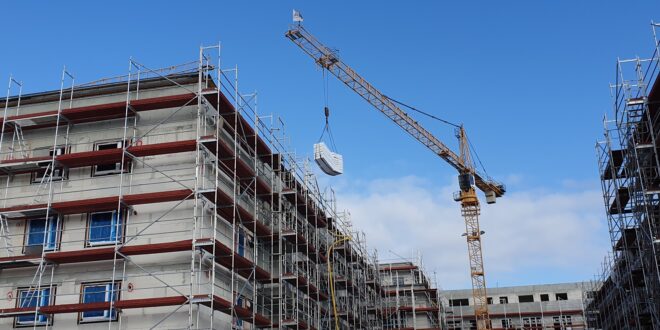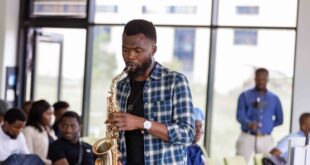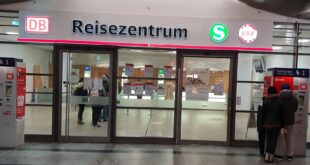As Germany grapples with a labour shortage exacerbated by an aging population, migrants fill essential gaps, contributing significantly to various industries. However, their working and living conditions often remain precarious, raising critical questions about ethical migration policies.
A significant event addressing Germany’s labour market and immigration policies will take place on 6 December 2024. Organized by the Heinrich-Böll-Stiftung in Berlin, the event will feature the launch of “Ganz unten im System. Wie uns Arbeitsmigrant*innen den Wohlstand sichern” (At the bottom of the system. How migrant workers secure our prosperity) by journalist Sascha Lübbe. The book sheds light on the indispensable yet often underappreciated contributions of migrant workers in the low-wage sector, such as construction and logistics, which are vital to Germany’s economy.
A panel discussion will also spotlight “Germany Calling. Wie die Abwanderung den Westbalkan verändert” (Germany Calling. How emigration is changing the Western Balkans), a study exploring the effects of emigration on Balkan countries.
The debate will include perspectives from experts like journalists Anja Troelenberg and Franziska Tschinderle, as well as legal researcher Aju Ghevarghese John. The event seeks to envision a fairer labour migration system that considers the well-being of migrant workers and the socio-economic realities of source countries.
Germany’s ongoing labour shortage has sparked robust debates over immigration reforms. While recent policies aim to attract skilled workers, unskilled labour migrants, who are essential in sectors like agriculture and logistics, receive less attention. Balancing the economic benefits of immigration with equitable treatment of migrants remains a critical policy challenge.
For more information or to register for the event, which will be held in German and English,
visit the Heinrich-Böll-Stiftung website.
 THE AFRICAN COURIER. Reporting Africa and its Diaspora! The African Courier is an international magazine published in Germany to report on Africa and the Diaspora African experience. The first issue of the bimonthly magazine appeared on the newsstands on 15 February 1998. The African Courier is a communication forum for European-African political, economic and cultural exchanges, and a voice for Africa in Europe.
THE AFRICAN COURIER. Reporting Africa and its Diaspora! The African Courier is an international magazine published in Germany to report on Africa and the Diaspora African experience. The first issue of the bimonthly magazine appeared on the newsstands on 15 February 1998. The African Courier is a communication forum for European-African political, economic and cultural exchanges, and a voice for Africa in Europe.


































